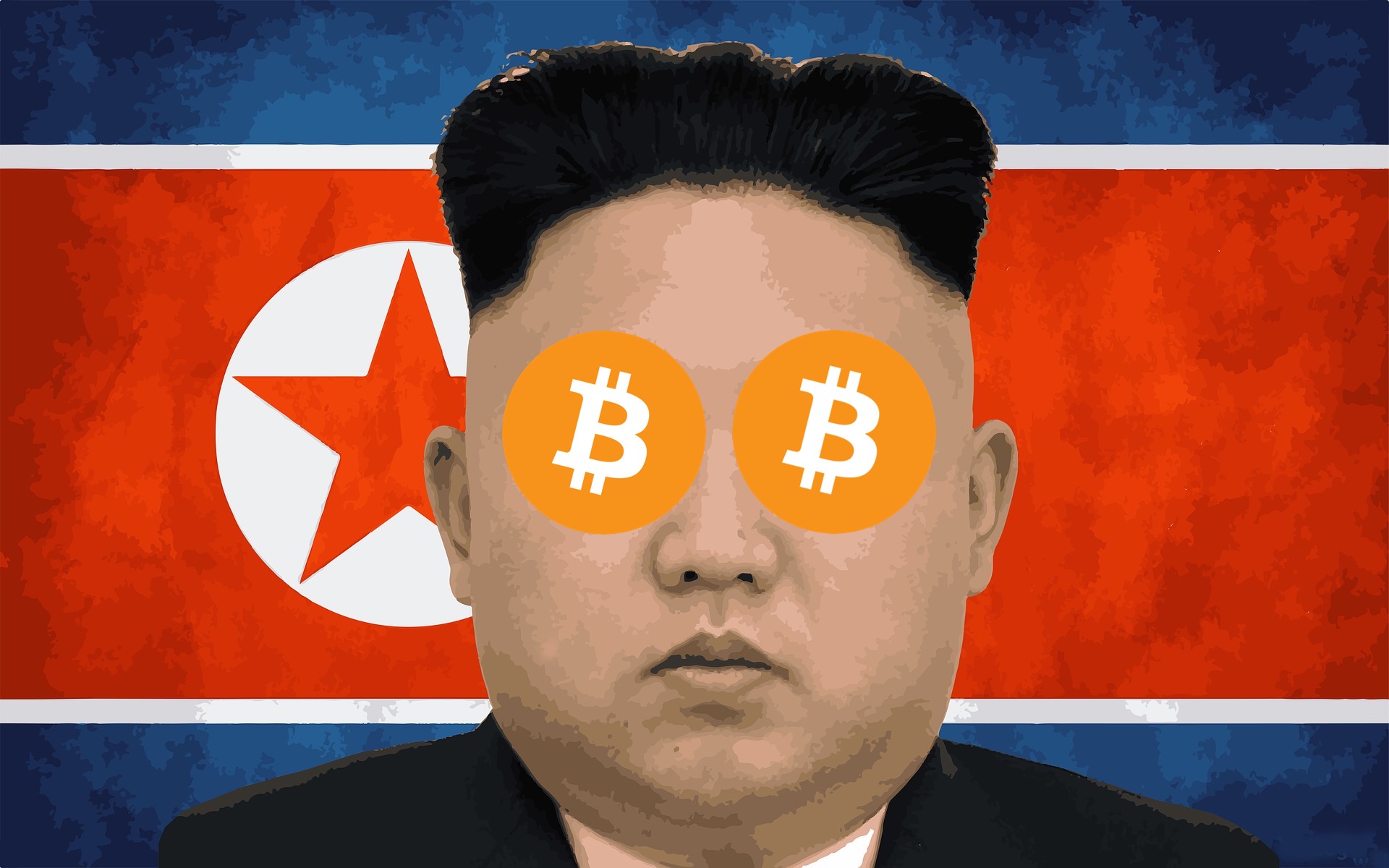A growing number of North Korean trade officials based in China have been quietly investing in Bitcoin, seeking a secure way to safeguard their wealth from the prying eyes of the regime. According to a recent report from a source in China, these officials are allocating amounts ranging from 5,000 Chinese yuan to hundreds of thousands into the cryptocurrency. Some, managing annual trade deals exceeding $3 million, now hold Bitcoin reserves worth more than $80,000.
North Korean officials involved in international trade frequently move substantial sums to facilitate the export of minerals or the import of electronics and machinery from China. While these transactions are ostensibly for business purposes, a significant portion often finds its way into their personal holdings. The increasing reliance on Bitcoin reflects a broader strategy to keep these funds out of reach of North Korea’s strict financial oversight.
China has taken a hard stance against cryptocurrency, banning Bitcoin mining in 2021 and imposing strict restrictions on digital asset transactions. Authorities view cryptocurrencies as a potential threat to financial stability, and access to cryptocurrency platforms is heavily restricted within the country. However, despite these prohibitions, many Chinese citizens continue to invest in digital assets using VPNs—an approach North Korean trade officials have readily adopted.
Many officials have enlisted the help of Chinese traders to acquire VPN-equipped mobile phones, enabling them to access cryptocurrency markets discreetly. These intermediaries assist in setting up initial Bitcoin accounts, which the officials then manage independently. By leveraging this method, they can maintain full control over their digital assets without direct exposure to North Korean financial monitoring.
For these officials, Bitcoin’s greatest appeal lies in its ability to provide a level of financial security that traditional banking cannot. Holding assets in cash or Chinese bank accounts presents significant risks, as North Korea’s surveillance networks can easily detect such holdings. If discovered, these assets are at high risk of confiscation, particularly in cases where officials face sudden recall or scrutiny from the regime.
Bitcoin, on the other hand, offers a level of anonymity and security that is difficult for authorities to penetrate. Even in the event of an abrupt crackdown, cryptocurrency holdings remain difficult to trace and seize. As one source put it, officials with Bitcoin accounts believe they have placed their wealth in the “safest place.” Their primary motivation is not speculation or profit but rather the preservation of their assets beyond the regime’s reach.
This trend underscores the evolving role of cryptocurrency in global financial dynamics, particularly in restrictive regimes where financial privacy is increasingly difficult to maintain. As North Korean trade officials continue to turn to Bitcoin, it remains to be seen how the regime will respond to this quiet yet significant shift in asset protection strategies.
By Alejandro Silva Ramírez, Crypto Analyst & Columnist

